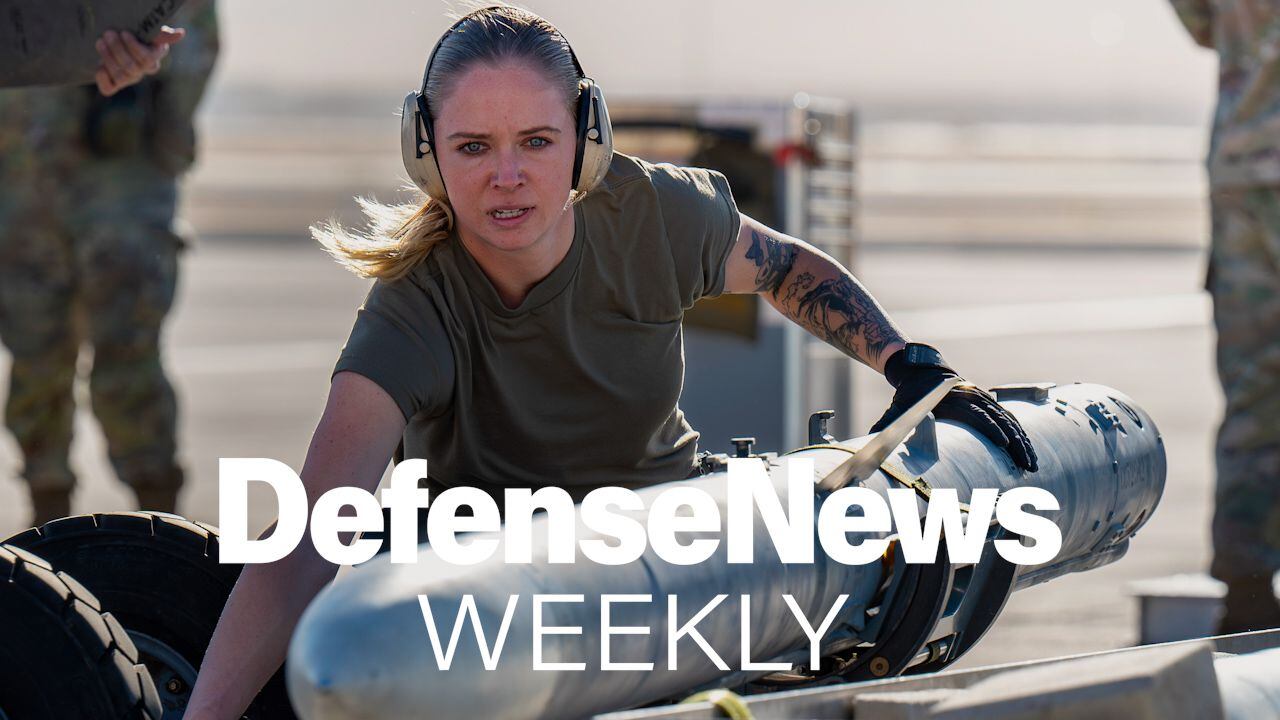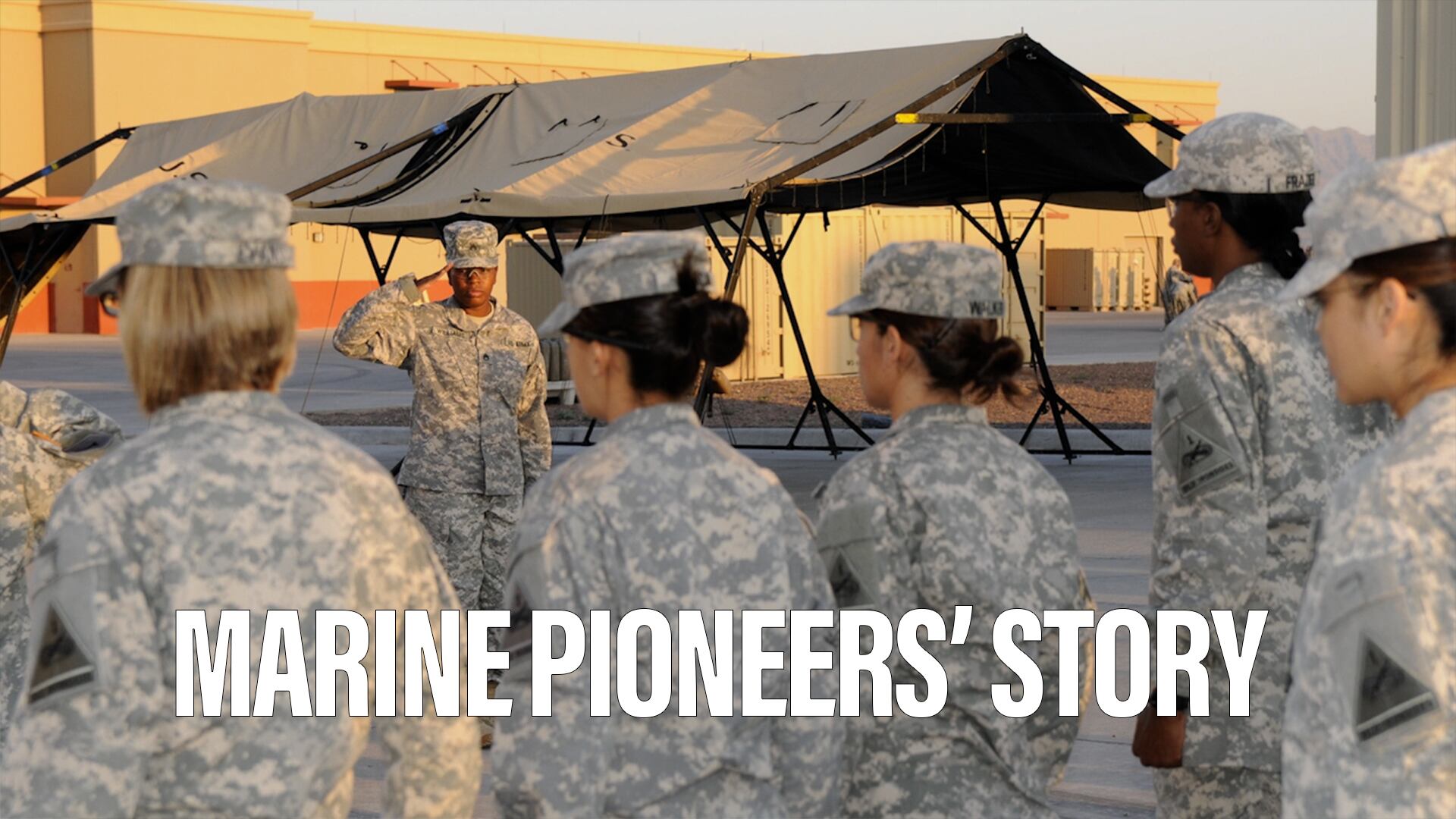FARNBOROUGH, England — The debut of the F-35B in Europe and orders from the British for Boeing maritime patrol aircraft and Apache helicopters valued at more than $5 billion dominated the Farnborough International Airshow from July 11-15. But the bigger story was being played out in London where the country's decision to exit the European Union prompted uncertainty and political upheaval.
Some of the uncertainty started to clear as the week went on. Theresa May, the home office minister, was appointed prime minister July 13 to replace David Cameron, who had resigned.
One of the first announcements in the subsequent government reshuffle was May's decision to keep in post the effective defense secretary, Michael Fallon.
But if the political fog started to clear a little, the same couldn't be said for what the future holds for the defense sector here in the wake of May's appointment and the recent referendum vote to take Britain out of the European Union, which has been dubbed Brexit.
Sash Tuser, a defense and aerospace analyst at Agency Partners, a London-based financial research house, believes that, at least in the short term, the impact will be centered around a government distracted by negotiations over the developing relationship between Britain and the rest of Europe as a whole.
Click here to see our coverage from the Farnborough International Airshow!
"The impact of Brexit on the defense industry here will be absolutely zero. The real issue is at government level, how much bandwidth will they have to deal with the Ministry of Defence or the business department when their priorities may be elsewhere," he said.
Nobody is sure just yet how the negotiations with the European Union over Britain staying in the single market will pan out; it will likely take two years or more to finalize.
In the meantime, the defense sector here has other, more immediate issues on its mind.
For instance, will May provide the level of support for defense that her predecessor did? And just how long will the pound's slump against the US dollar continue?

BAE Systems is testing a host of new armaments for the Eurofighter and plans to adopt the new MBDA Spear standoff weapon, officials said at the Farnborough International Airshow on Wednesday. Here, members of the public view a full-scale replica of the aircraft as it is displayed at Horse Guards Parade on April 1, 2016, in London.
Photo Credit: Carl Court/Getty Images
Cameron became a staunch supporter of the defense sector here, working hard to boost exports and helping push through last year's budget settlement, which raised and ring-fenced military spending. It was perhaps fitting that Cameron's last public engagement was a speech at Farnborough on July 11 where he was banging the drum for investment in the British aerospace sector.
In contrast, little is known about May's position on defense.
She supports the renewal of the Royal Navy's submarine-based nuclear deterrent fleet, understands security through her lengthy stay as home secretary and, if her statements are anything to go by, supports a national industrial strategy.
"As her attempts to increase police efficiency demonstrated she is a devotee of technology, and used it to try and increase the quality and reduce the quantity of personnel," said one senior industry executive, who spoke on condition of anonymity. "As home secretary she was clear about the need for the intelligence services, the Home Office and the National Crime Agency working as one with the MoD.
"She believes in industrial strategy as I suspect she thinks that you can't leave some of these things to chance. Without a doubt the MoD will have to rethink the refresh of the existing defense industrial policy they promised in the 2015 Strategic Defence and Security Review."
Some analysts and industry executives pointed to the P-8 and Apache deals as examples of where clearer government thinking on industrial strategy might have worked to the taxpayer's advantage.
Boeing said it would bring jobs and investment to the UK as part of the procurement package but offered little in the way of guarantees.
"I suspect the chancellor was a touch distracted over the last couple of months, and I am surprised there hasn't been more backlash about the amount of taxpayers' money going offshore to Boeing," a second executive said.
Tusa put it more bluntly: "It was laughable. The P-8 and Apache deals have basically exported UK jobs and undermined British industry in key areas such as anti-submarine warfare and support. The industry package is wholly inadequate to compensate."
Taylor Lawrence, the president of Raytheon Missile Systems and the man who oversees the US company's extensive operations in the UK, said that understanding the new government policy is a priority.
"We are probably more concerned about the policy of the new administration on defense. That has a bigger impact for us than Brexit," he told Defense News in an interview at the Farnborough airshow. "There is change, there is uncertainty, but the UK is still a great opportunity for us. [The exchange rate] is a concern, we'll just have to watch it and see how it develops, but we are a big exporter from the UK so it's swings and roundabouts for us."
"Will the government have enough spending power to invest in defense? That is also a concern and that's driven by the new administration," Lawrence added.
Brexit's impact on defense spending was on the mind of Frank Kendall, the Pentagon's top weapons buyer, when he spoke to reporters in London ahead of the show. As he put it, Brexit doesn't, or shouldn't, impact the UK's requirements for military equipment.

Frank Kendall, the Pentagon's top weapons buyer, addresses guests during the UK F-35 Lightning II delivery ceremony on July 19, 2012, at Lockheed Martin in Fort Worth, Texas.
Photo Credit: Tom Pennington/Getty Images
"I think there may be some financial impacts on the UK, and the UK will have to sort [that] out. I think that will take some time," Kendall said. "I think the UK's requirements for military equipment are not impacted by Brexit. I would hope not, by any event."
However, he said, "I don’t see right now any reason why it should fundamentally affect our relationship with the UK or our business deals with the UK," Kendall said.
Analysts in the UK are concerned over the impact an enduring collapse in the value of the British pound against the US dollar would have on the cost of deals like the F-35 and the new maritime patrol aircraft and helicopter contracts.
A large slice of British procurement is done in dollars. If the problem persists, a weak pound could blow a hole in an equipment budget which is already very fragile. At one point the pound sank to a 31-year low against the dollar. The week before the Brexit vote, the market rate was $1.50 to the pound; $1.33 on July 14.
Fallon and his procurement minister, Philip Dunne, both dodged the question about the pound at Farnborough, saying the Ministry of Defence was hedged against currency swings for the moment.
The London-based Royal United Services Institute think tank released a report before the referendum saying that a weakening economy would likely trigger defense cuts.
Peter Luff, the former British defense procurement minister, thinks the ruling Conservative Party will be reluctant to make cuts, particularly as it would risk reopening the controversy over the UK meeting NATO's 2 percent spending target.
"It would be quite a brave chancellor who played with the 2 percent NATO commitment again," Luff said.
Andrew Chuter is the United Kingdom correspondent for Defense News.








